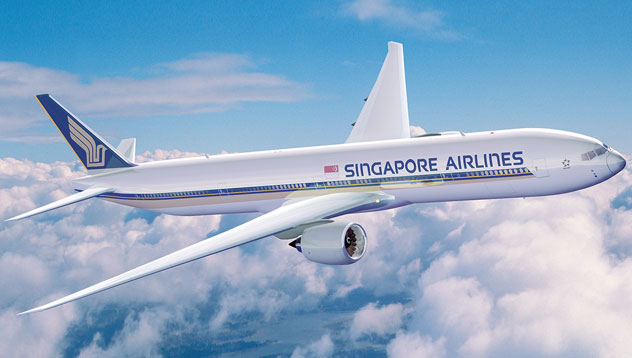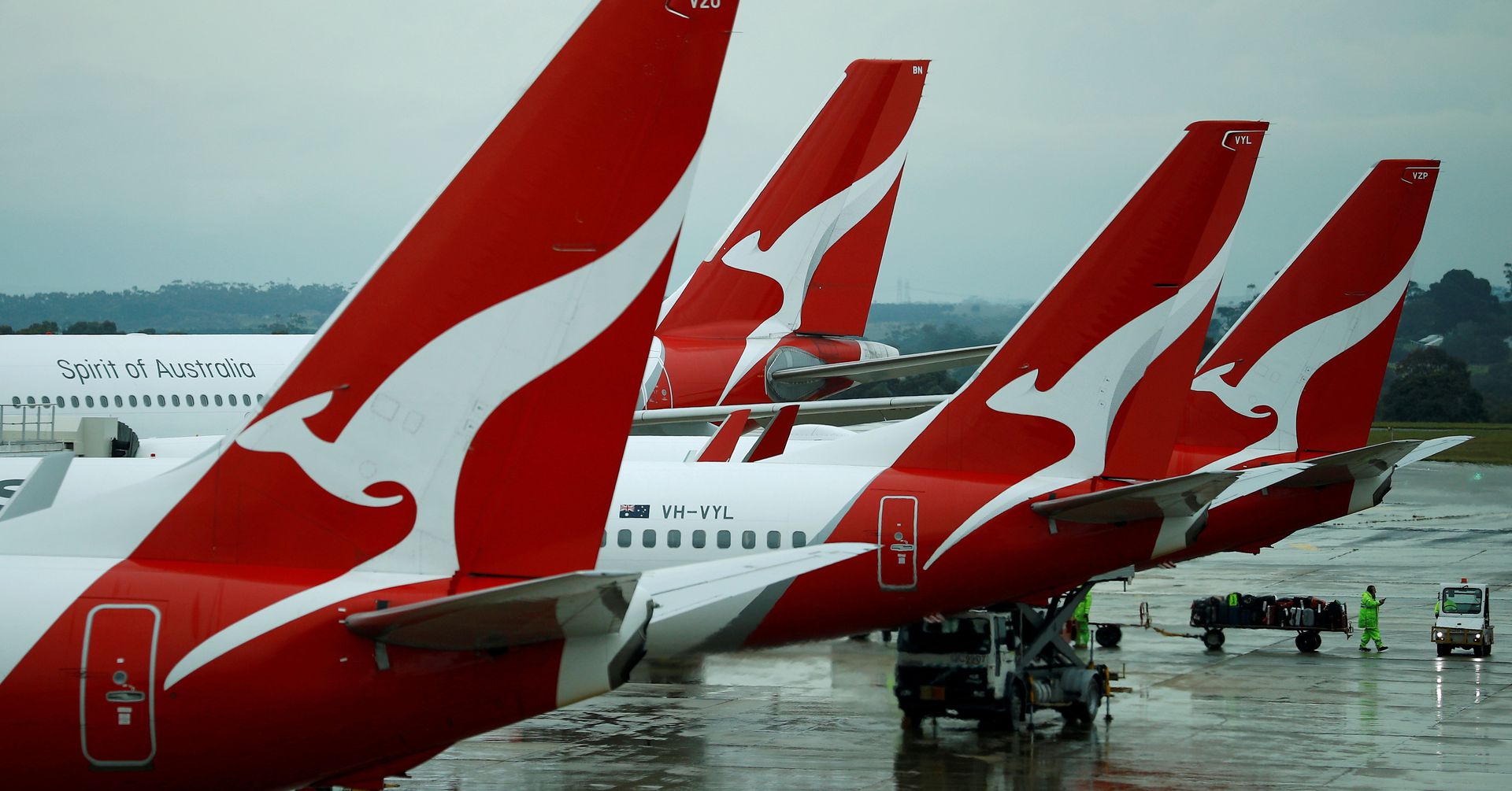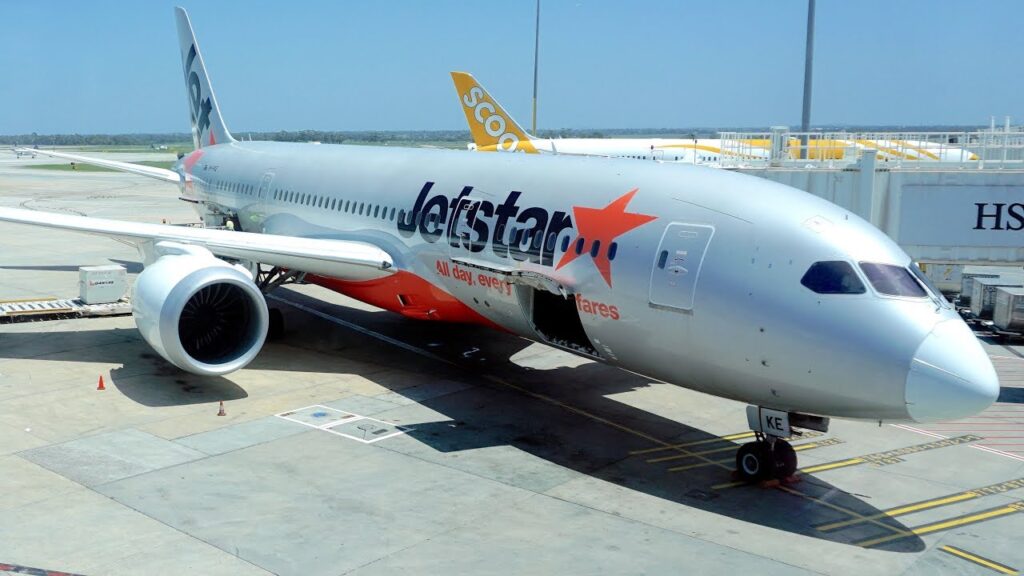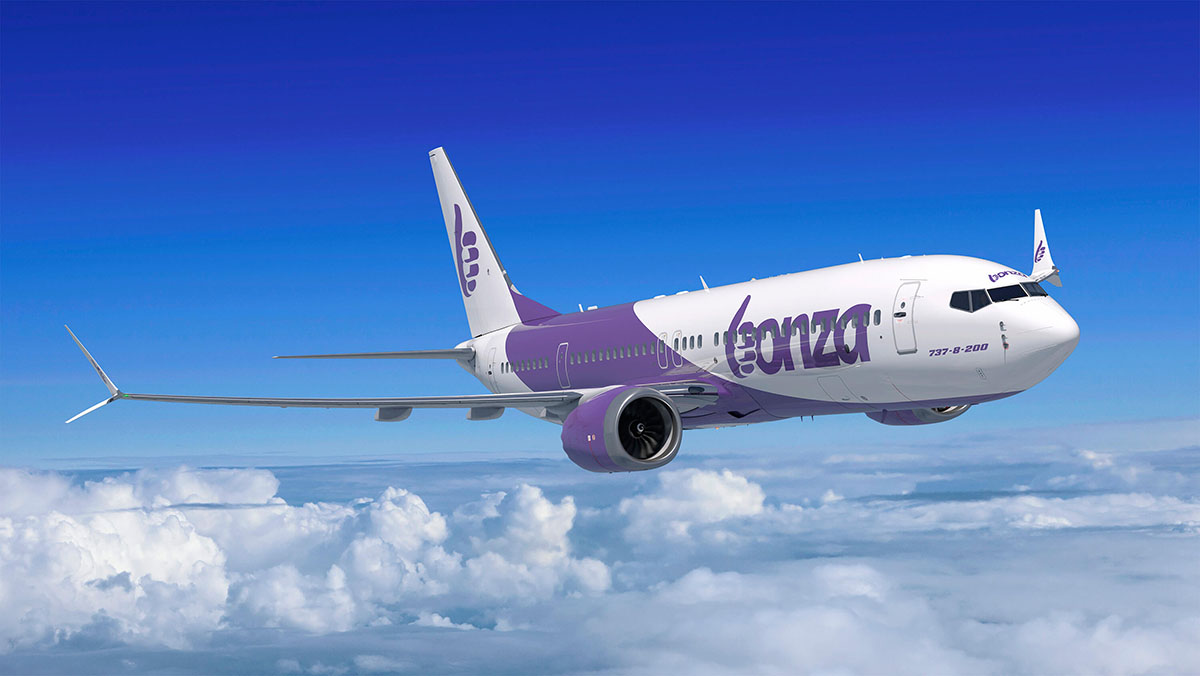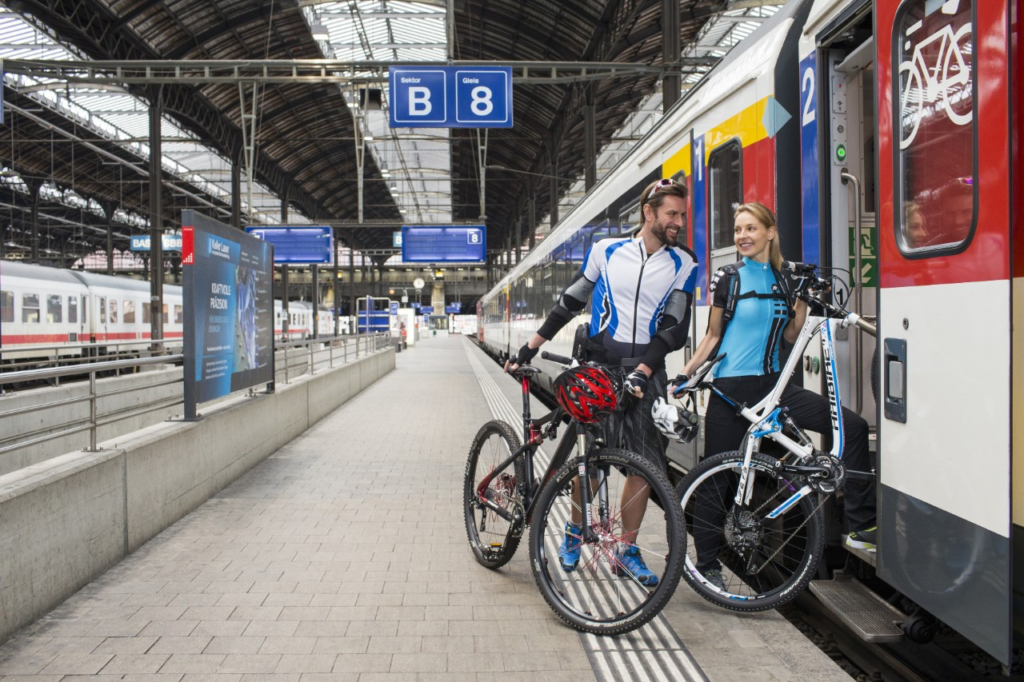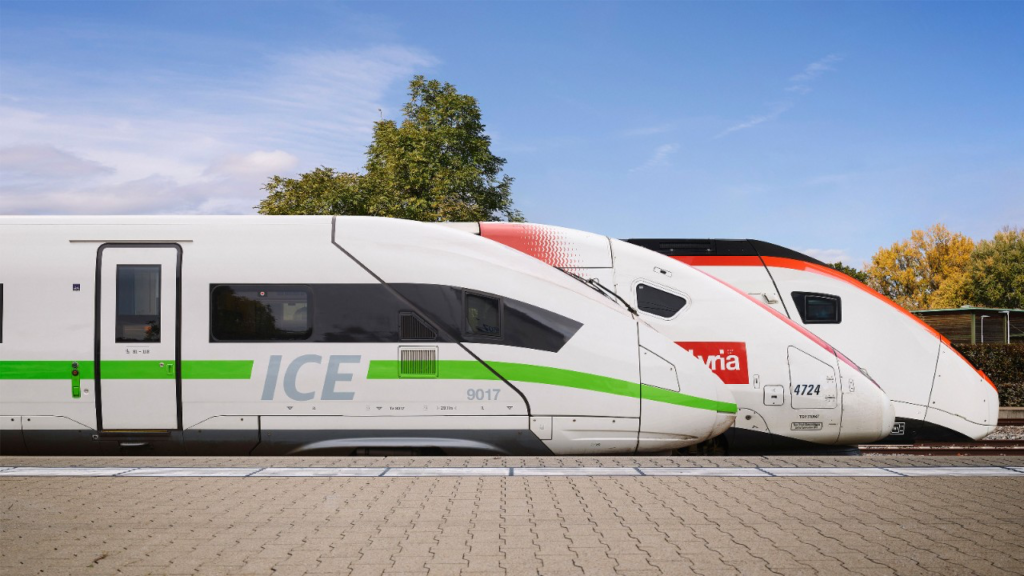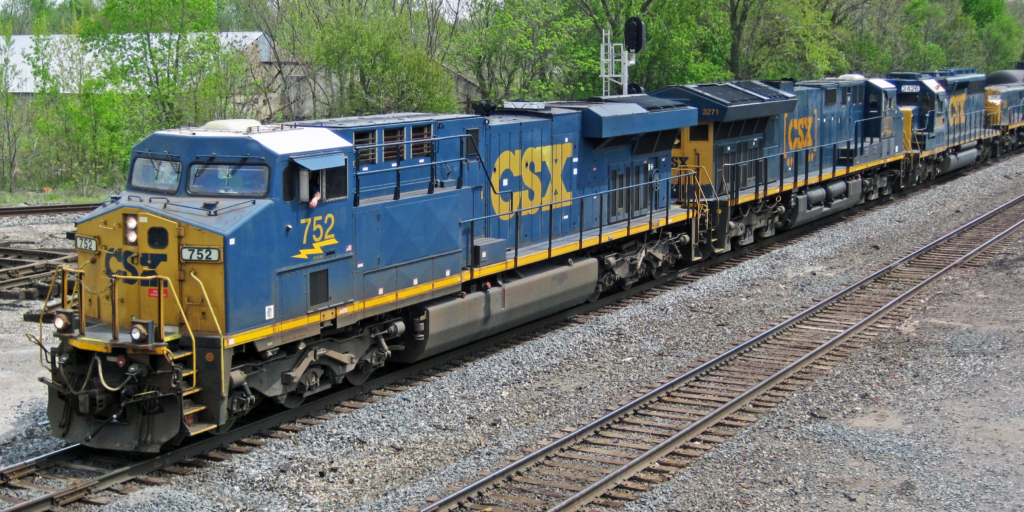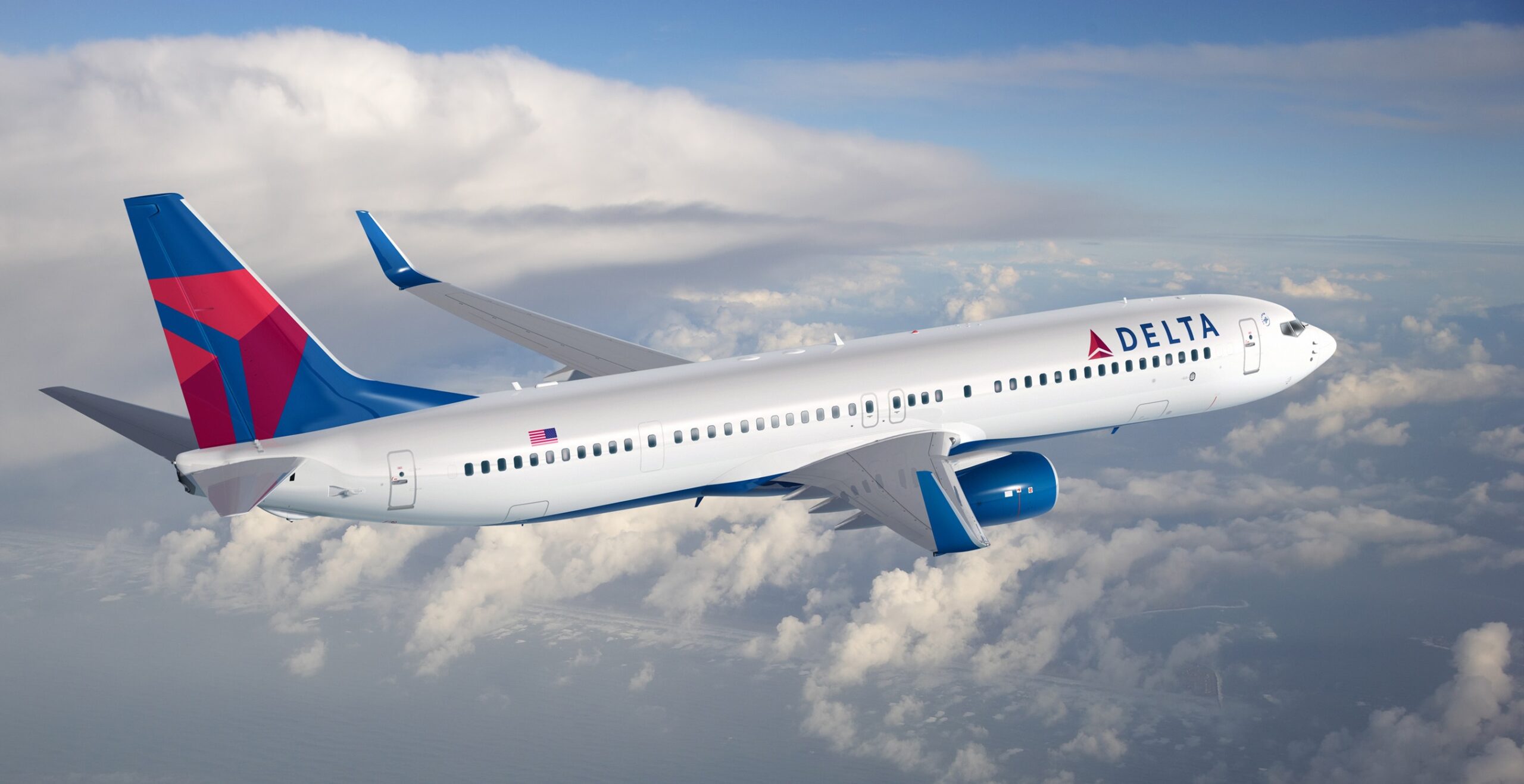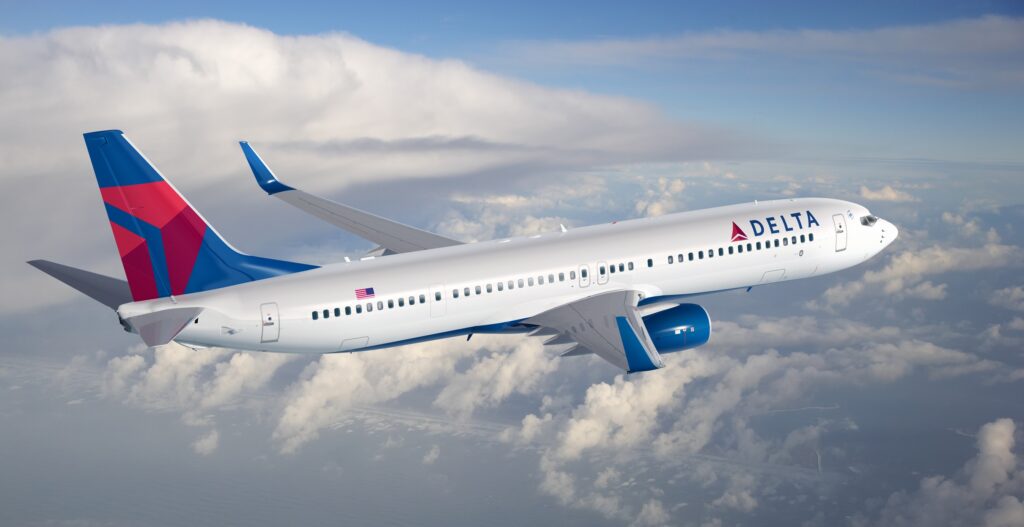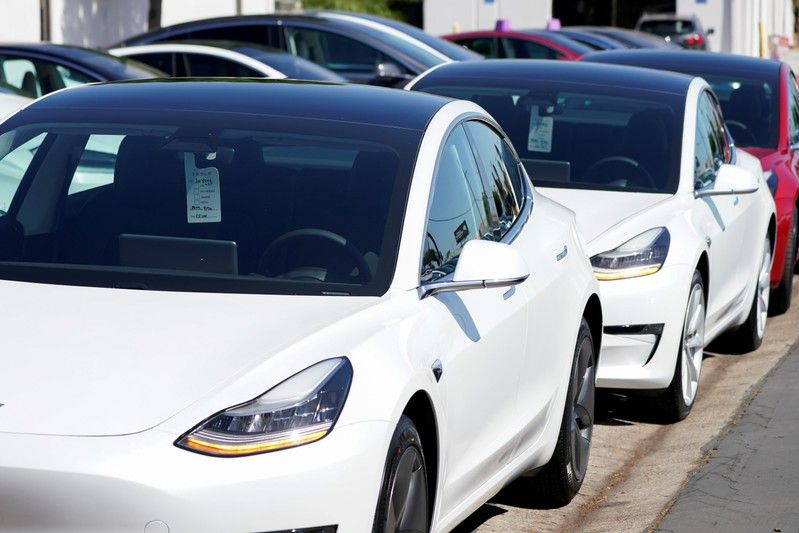Singapore Airlines (SES: C6L.SI) is extending PPS Club and KrisFlyer Elite statuses, rolling over Elite miles, pausing the expiration of miles in 2022, and introducing new program benefits that further rewards its loyal members.
All PPS Club and KrisFlyer Elite statuses that are due to expire between March 2022 and February 2023 will be automatically extended for another year. This supports our members, who have been unable to fly as before due to the Covid-19 pandemic, and follows a similar extension in 2020 and 2021.
Elite miles earned by KrisFlyer Elite members, in the 12 months prior to the latest extension, will be credited back into their accounts after the extension. Elite miles earned during the previous membership qualification cycle will also count towards their requalification in the March 2023 to February 2024 cycle.
KrisFlyer miles that expire in 2022 will be automatically extended by six months at a time, at the end of each month.
Rewards earned from the PPS Rewards and KrisFlyer Milestone Rewards that are due to expire in 2022 will be extended to 31 December 2022. This offers members greater flexibility in utilising the rewards earned from flying with SIA.
From February 2022, KrisFlyer members also enjoy additional benefits when they fly on Scoot.
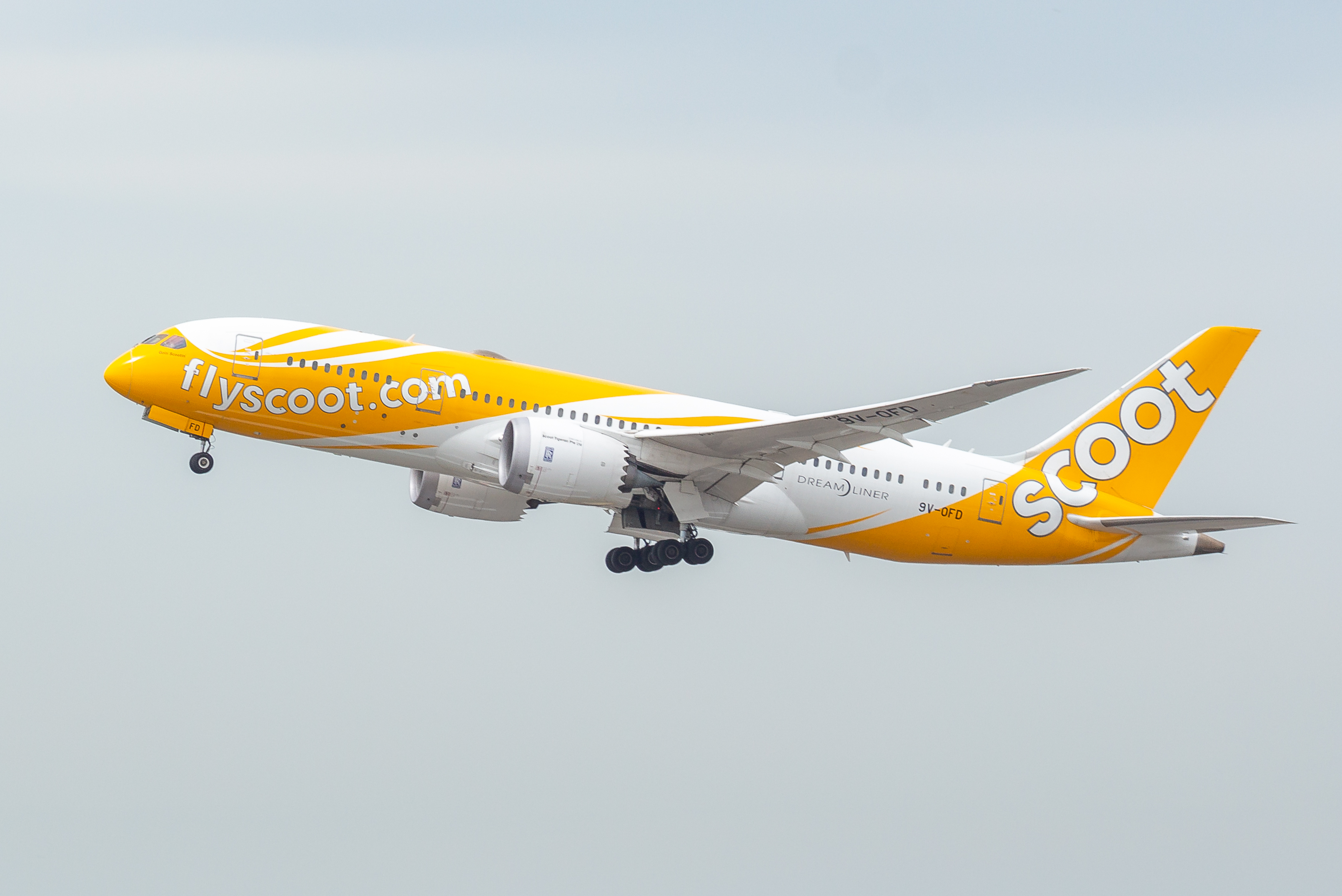
PPS Club and KrisFlyer Elite tier members can enjoy priority boarding, complimentary standard seat selection, an additional 5kg check-in baggage allowance with any baggage purchase, as well as 25% more KrisFlyer miles for every mile earned when travelling on Scoot flights.
In addition, KrisFlyer members can earn 2.5 Elite miles for every KrisFlyer mile earned from flying on Scoot, up from 1 Elite mile for every KrisFlyer mile. This enables members to upgrade to higher KrisFlyer membership tiers at a faster rate.
SIA has also launched two new KrisFlyer Milestone Rewards, which can be enjoyed by members who have earned 1,000 and 2,500 Elite miles.
